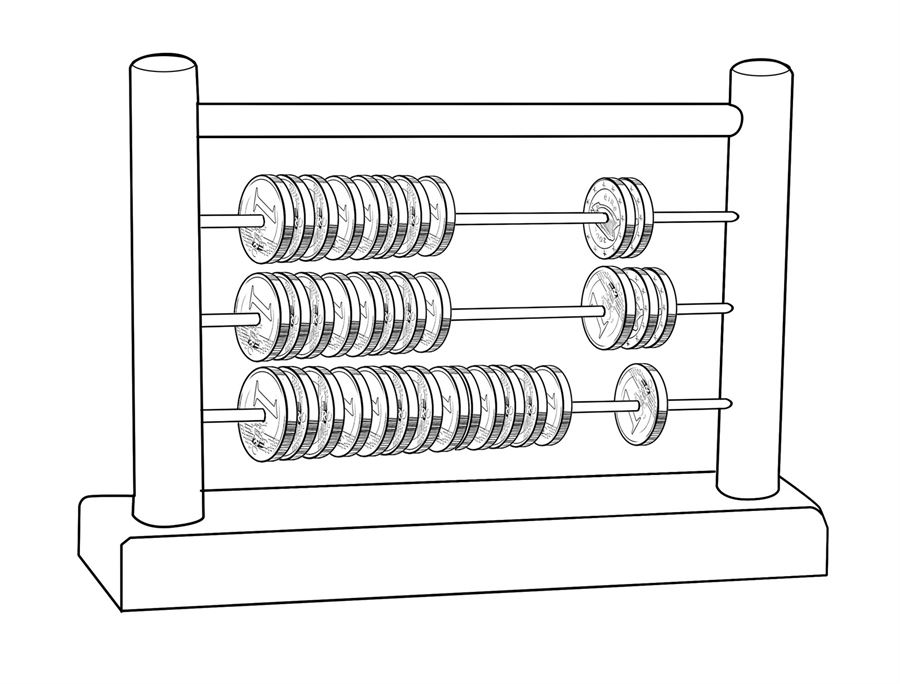A quiet revolution is about to occur in the UK concerning the manner and ease in which people can gain access to information on their pensions savings. The provision of an annual benefit statement in the post doesn't quite match our technological expectations. We look at recent developments in the UK and how these may help us in Ireland predicting the technological changes that may be coming down the tracks.
The Pensions Dashboard – the UK experience
In the UK, workers will have an average of 11 employers throughout their working life. This high level of employment turnover creates difficulties in keeping track of pension entitlements. The abundance of pension pots also reduces the ability for people to plan effectively for retirement. The UK Treasury have noted there is around £400 million pounds in pension savings which are unclaimed.
In September 2016 the UK announced plans to establish a 'Pension Dashboard' (the "Dashboard"). The Dashboard will be a single digital hub where an individual can access information on their entire pensions savings. It is intended to be a one-stop-shop for people to view state pension forecasts, savings updates and will also help eliminate "lost pensions" that accumulate when people move jobs. The existence of small unclaimed pension pots creates a large administrative headache for life offices in Ireland.
Similar dashboard style systems are already in place in countries such as Austria, Finland, the Netherlands and Sweden and have been largely viewed as a success. The aim of the Dashboard is to allow people properly plan for retirement with a full understanding of the extent of their pension savings.
What exactly is the Pensions Dashboard?

Eleven of the largest pension providers in the UK have joined together to create a prototype of the Dashboard by March 2017. The deadline for the Dashboard to be fully operational and available to consumers is 2019. Observers have noted that there are still a number of pension providers who have not yet committed to the initiative and believe that legislation will be necessary to get all providers on board.
At the moment it is not intended to make participation in the Dashboard compulsory. It was however stated that legislation or regulation will, if necessary, be considered to ensure the Dashboard is widely used. The major concern is that those providers with older pension policies may not take part in the project, particularly those winding down operations or with much older or paper systems. A number of 'closed book' pension providers (those which have ceased taking on new policy holders) have however signed up.
If participation in the Dashboard is widespread, it could cut the cost of financial advice by up to 25%. The Dashboard would avoid financial advisers needing to track down the details and values of their client's pensions. This will also make the process of receiving financial advice much more efficient. For the Dashboard to have a major impact, the information will need to include details including guaranteed rates, with-profit bonus details, guaranteed minimum pension details and all charges.
Data protection considerations
The Dashboard must be capable of meeting the required security and data protection standards. Despite the UKs departure from the EU looming, the Dashboard will still have to comply with data protection standards equivalent to the EU's new General Data Protection Regulation (the "GDPR"), which will strengthen the rights of pension scheme members on the processing of their personal data. There will be stricter requirements for obtaining valid consent from an individual, as well as increased accountability for entities which control and process personal data. It is important that privacy of personal data is considered and incorporated into the very early stages of the development of such a system, rather than as an afterthought.
What next for Ireland?
For the moment, and until a similar system is planned for Ireland, members of pension schemes should continue to receive annual statements from any pensions schemes which they have paid into. People can also consult the Department of Social Protection's website to estimate their entitlements to future state pensions. If Ireland decides to follow a similar approach, the EU's GDPR will have a large influence on what form that it takes.
The era of greater and quicker accessibility to pensions information is just around the corner, but that final bend may take several years yet to fully navigate.
The content of this article is intended to provide a general guide to the subject matter. Specialist advice should be sought about your specific circumstances.

